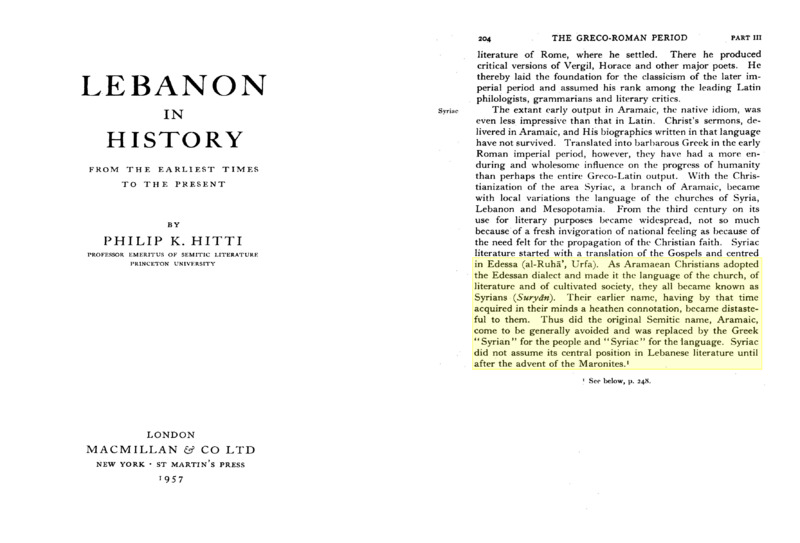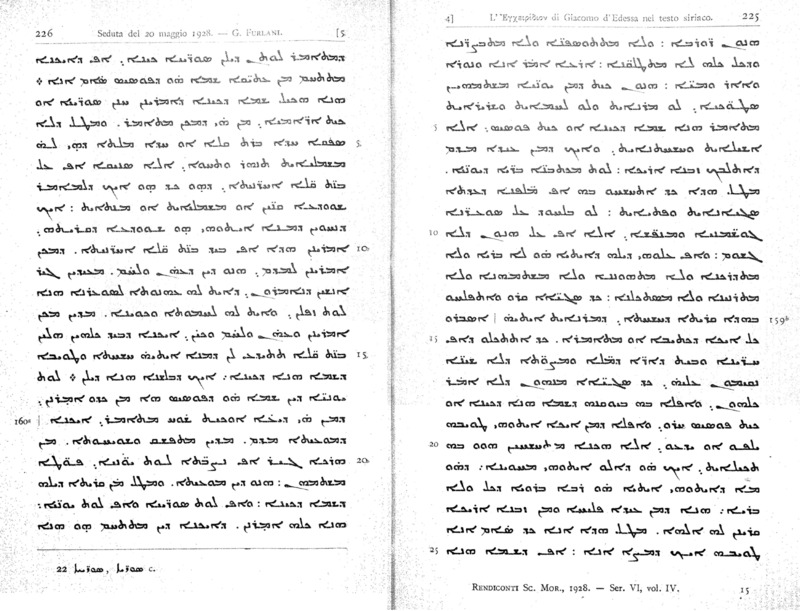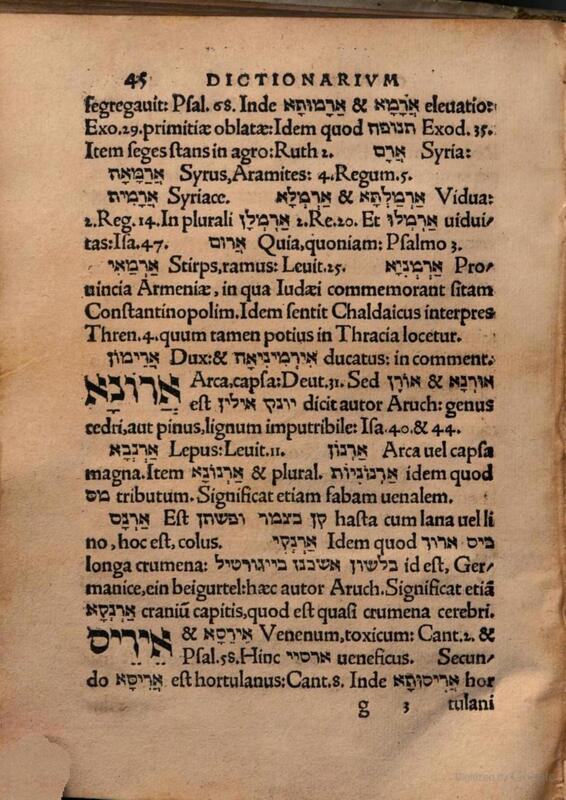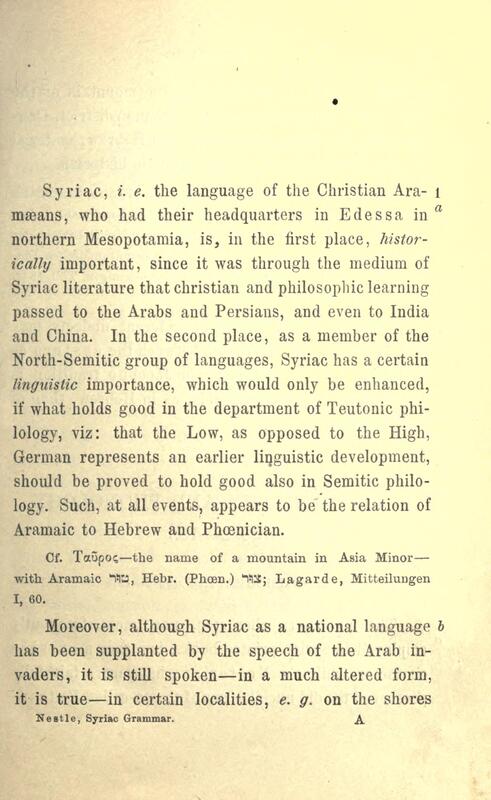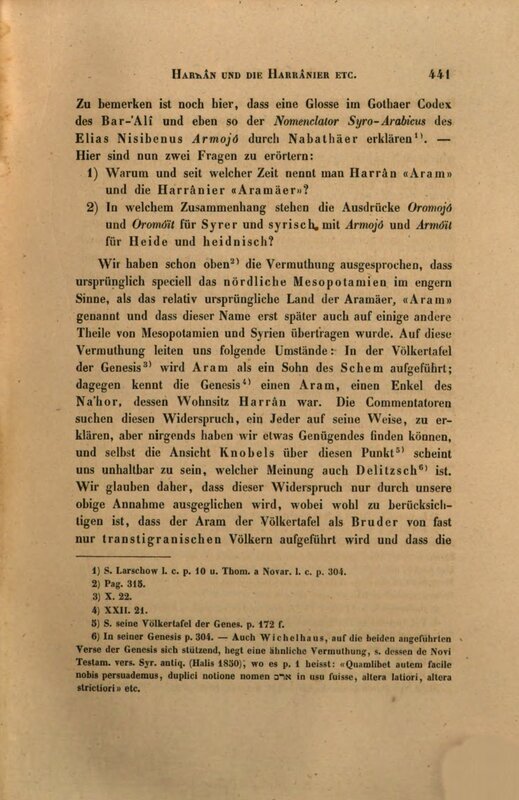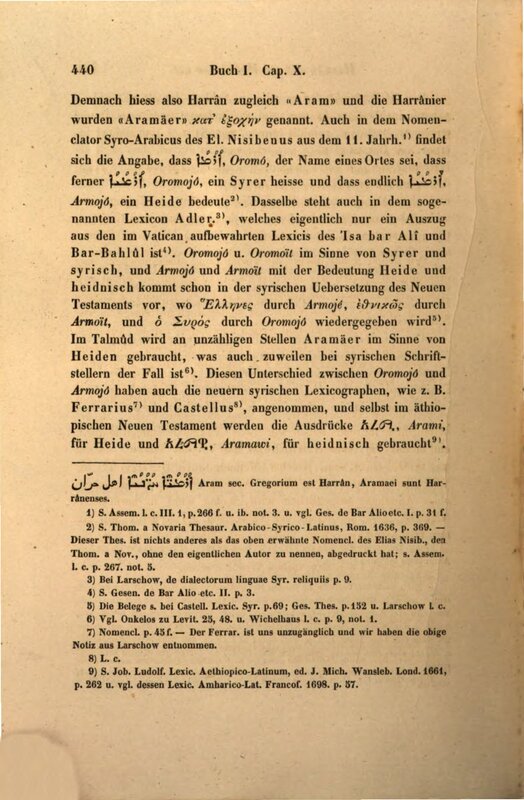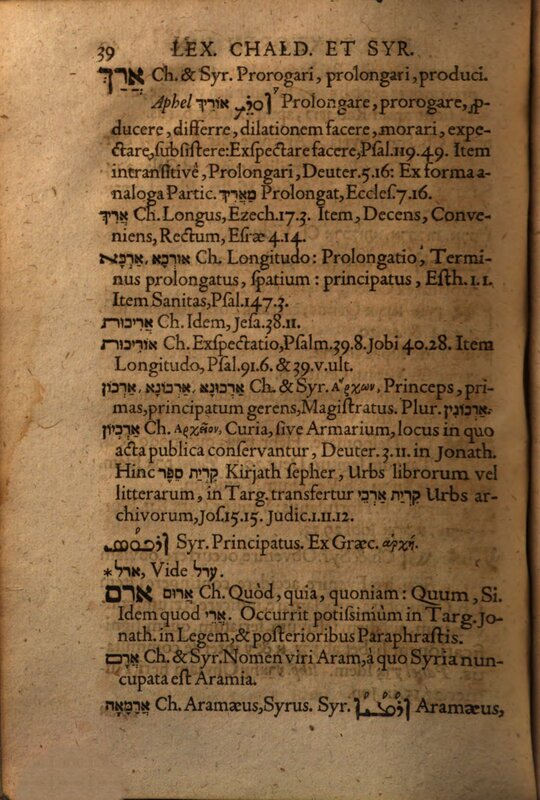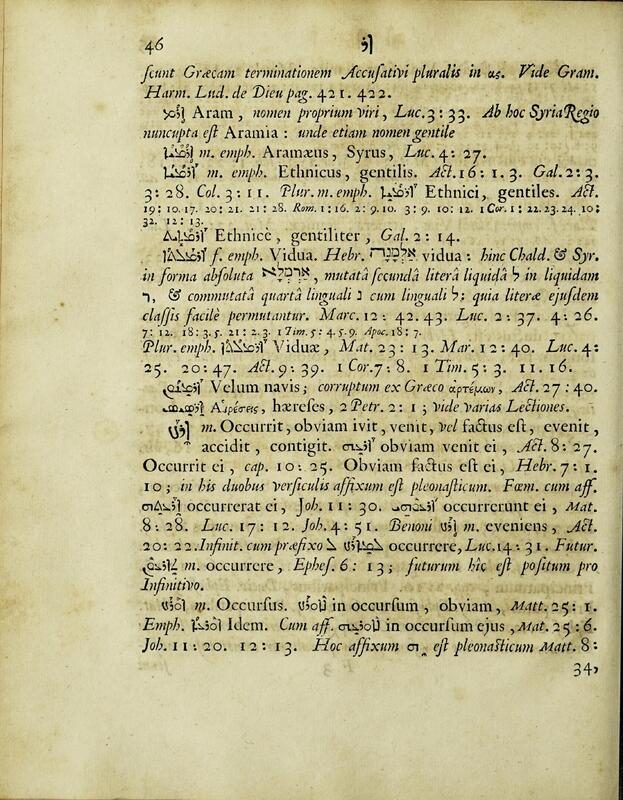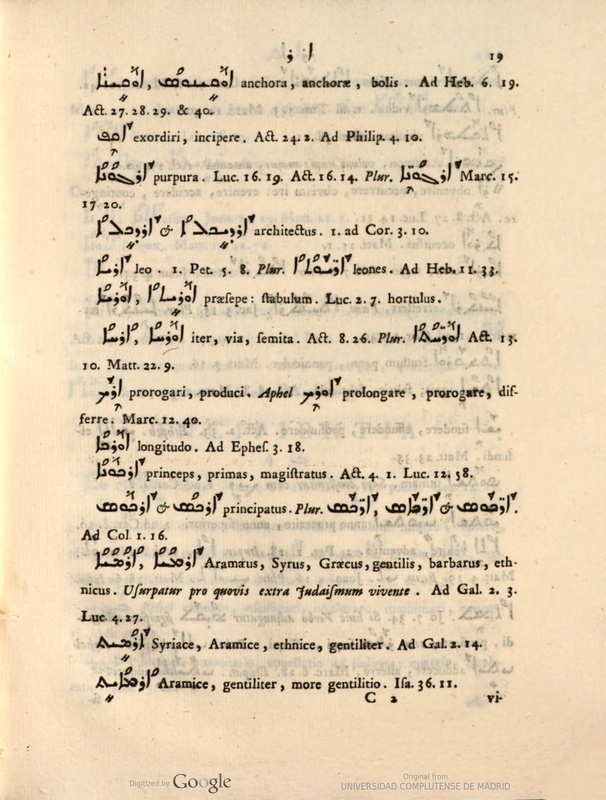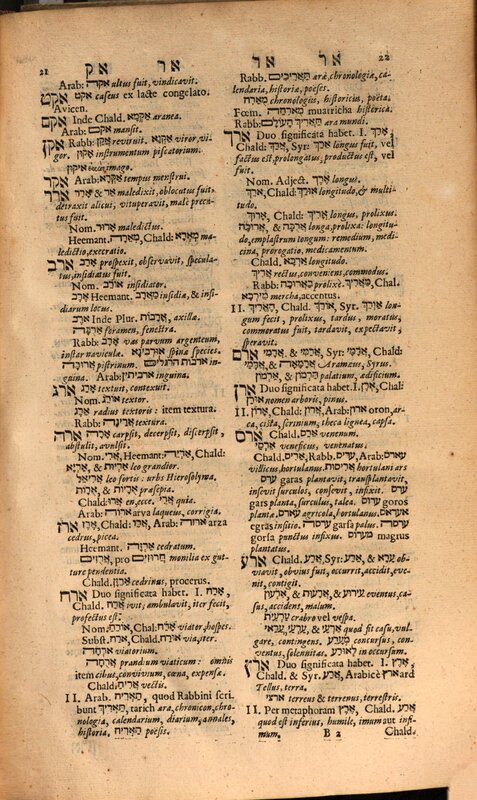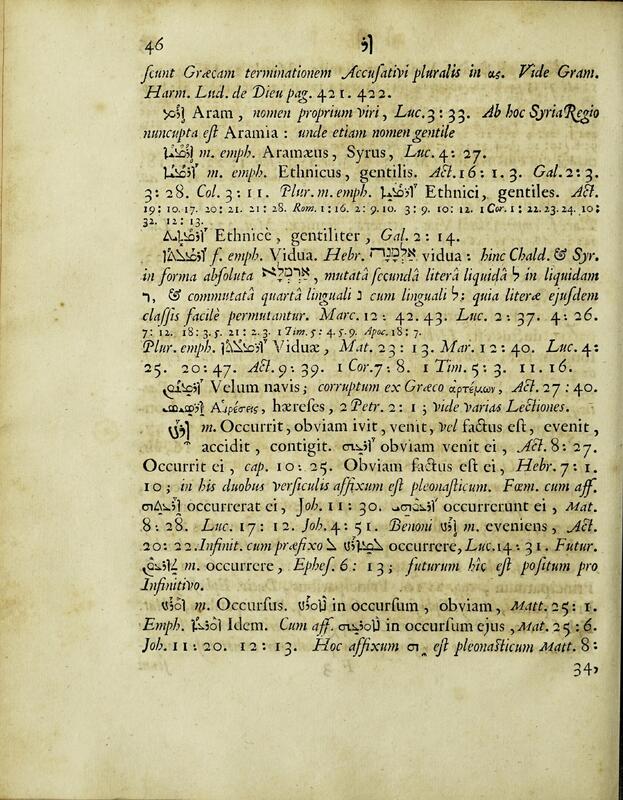Meaning of Suryoyo/Syriac
Lebanon In History
Philip K. Hitti writes that early Aramean Christians adopted the Edessan Syriac dialect for church, literature, and cultured life. Over time they came to be known as “Syrians” (Suryani), while their earlier name “Aramean” fell from use because it had gained a pagan connotation. In this usage, “Syrian” referred to the people and “Syriac” to the language, which later took a central place in Lebanese literature with the rise of the Maronites.
Enchiridion on Various and Necessary Matters Concerning Nature
About the term "nature," Mor Jacob of Edessa mentions his people being Syriac-Arameans:
“So then, this noun kyōnō, as we Syrians—that is, Arameans—express it, is derived from [the word meaning] “natural/capable” (m’eḳan). And because a single term or word does not suffice to elucidate and explain it thoroughly, but [rather] one must make use of further expressions that have, so to speak, the same meaning, either wholly or in part, [for this reason] we shall express it also by means of [some] other terms, in order to demonstrate just what the meaning of the expression is. We say of something that it is m’eḳan to mean that it is appropriate or well-adapted. People customarily say that something has a certain appropriateness in some way or other, and is well-adapted and properly constituted (kuyyōnō). So let us define meḳan as [meaning] appropriate, well-adapted and properly constituted (kīn), such that by means of all of these terms, we may discover what is the usage and the etymology of this word kyōnō, insofar as it is [used] in our language.”
Dictionarium Chaldaicum: Understanding Rabbinic Commentary
In this dictionary, it is stated:
ארם, meaning Aram in English, is equated as Syria, showing that Aram and Syria are synonymous and mean the same thing.
ארמיא, meaning Aramean in English, is equated as Syriac, showing that Syriac and Aramean are synonymous and mean the same thing.
ארמיא, meaning Aramean in English, is equated as the Syriac language, showing that Aramaic and the Syriac language are synonymous and mean the same thing.
These definitions confirm the interchangeable use of Aram, Syria, Aramean, and Syriac, demonstrating their historical and linguistic continuity.
Syriac Grammar with Bibliography, Chrestomathy, and Glossary
"Syriac, i. e. the language of the Christian Arameans, who had their headquarters in Edessa in a northern Mesopotamia, is, in the first place, historically important, since it was through the medium of Syriac literature that Christian and philosophic learning passed to the Arabs and Persians, and even to India and China"
Syriac is said to be the language of the Aramean Christians, i.e., Syriacs.
Strong's Hebrew Lexicon
In Strong's Hebrew Dictionary, it is stated:
אֲרָם ('Arâm) comes from a root meaning 'highland' and refers to Aram or Syria, including its inhabitants. The term is used to describe Aram, Mesopotamia, Syria, and Syriacs, demonstrating that Aram and Syria are interchangeable in biblical and linguistic usage.
אֲרַמִּי ('Arammîy) is defined as an Aramean or Aramitess, with the meaning Syriac, confirming that Arameans and Syriacs are synonymous in identity.
אֲרָמִית ('Aramîyth) is defined as the Aramaic language, and it is specified that this is the Syriac language (tongue), in Syriack, showing that the language of the Arameans was also called Syriac.
אֲרָם צוֹבָה ('Aram Tsôbâh) is defined as Aram of Tsoba (Coele-Syria), linking Aram directly to historical Syria, further reinforcing the synonymous nature of these terms.
אֲרַם נַּהֲרַיִם ('Aram Nahărayim) means 'Aram of the Two Rivers' (Euphrates and Tigris) or Mesopotamia, indicating that Aram extended into what was also considered Mesopotamia, yet still retained 'Aram' in its name.
In summary, Strong’s Hebrew Dictionary consistently equates Aram with Syria and Aramean with Syriac, both in ethnic identity, geography, and language.
The Sabaeans and Sabaeanism
"We have already expressed the assumption that originally, northern Mesopotamia in the narrower sense, as the relatively original land of the Arameans, was called 'Aram' and that this name was only later transferred to some other parts of Mesopotamia and Syria. Here, the Arameans are connected as a native people of northern Mesopotamia, and the name of their land, Aram, was also used to refer to Syria and parts of Mesopotamia, such as Aram-Naharaim."
Aram is stated to be synonymous with Syria.
The Sabaeans and Sabaeanism
Eliya of Nisibis is referenced with the statement that ܐܳܪܳܡܳܐ (translated as Aram) is the name of a place, while ܐܳܪܳܡܳܝܳܐ (translated as Aramean) is a Syriac. Here, Aramean is synonymous with and equated to 'a Syriac.'
The author, referencing Isho Bar Ali and Bar Bahlul, makes the statement that Armojó and Armoït mean pagan and heathen. He further notes that this distinction already appears in the Syriac translation of the New Testament, where Ἕλληνες (Hellenes, i.e., Greeks) is translated as Armojó, ἐθνικῶς (ethnikos, i.e., gentile/pagan) as Armoït, and ὁ Σύρος (ho Syros, i.e., the Syrian) as Oromojó.
Thus, it is said that Aramean and pagan/heathen are differentiated.
Lexicon Chaldaicum et Syriacum
In Lexicon Chaldaicum et Syriacum, it is stated:
אָרָם – Translated as Aram. The entry explains: "The name of the man Aram, from whom Syria is called Aramia." This demonstrates that Aram and Syria are synonymous.
אָרָמָא – Translated as Aramean and Syriac. The term ܐܳܪܳܡܳܝܳܐ is also given as Aramean, demonstrating that Syriac and Aramean are synonymous. Syriac and Aramean are used interchangeably and are equated to each other, reinforcing their identical linguistic and ethnic significance.
Lexicon Syriacum Concordantiale
In Lexicon Syriacum Concordantiale, it is stated:
ܐܳܪܳܡ – Translated as Aram and equated with Syria. The name ܐܳܪܳܡ (Aram) is synonymous with Syria, and from it, the region was called Aramia, from which the gentilic/racial designation also derives. Aram and Syria are used interchangeably, referring to the same geographical and historical entity.
ܐܳܪܳܡܳܝܳܐ – Translated as Aramean and equated with Syriac, with both terms being synonymous. ܐܳܪܳܡܳܝܳܐ (Aramean) and Syriac are used interchangeably, signifying the same ethnic and linguistic identity.
Lexicon Syriacum by Antonio Zanolini
In Lexicon Syriacum by Antonio Zanolini, the entry for ܐܳܪܳܡܳܝܳܐ is translated as 'Aramean' and is also equated with 'Syriac,' using the terms interchangeably.
Schindleri Lexicon Pentaglotton
In Schindleri Lexicon Pentaglotton, it states the following:
Aramean (ארמי) is equated with Syrus (Syriac) and Aramaeus (Aramean), using Syriac and Aramean interchangeably.
The term ארם (Aram), ארמי (Aramean, singular), and ארמים (Arameans, plural) are given in Hebrew.
Lexicon Syriacum Concordantiale
The Lexicon Syriacum Concordantiale states that Aram is a proper name of a man (Luke 3:33), from which the region of Syria derives its name, equating Syria with Aram.
Additionally, it is used as a gentilic/racial designation, with its emphatic form meaning Aramean, equated to Syrian (Luke 4:27).
The Lexicon Syriacum Concordantiale states that Aram is the man after whom Syria was named, showing that Syria and Aram are synonymous. It also identifies Arameans as Syriacs, confirming that the terms are used interchangeably in history and the Bible.

